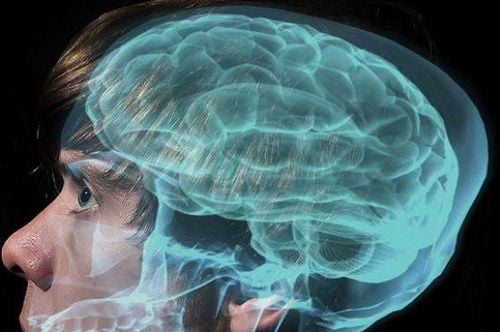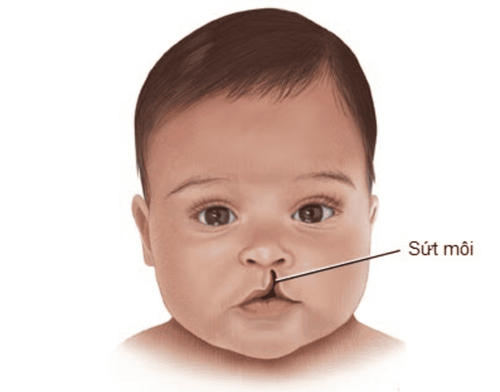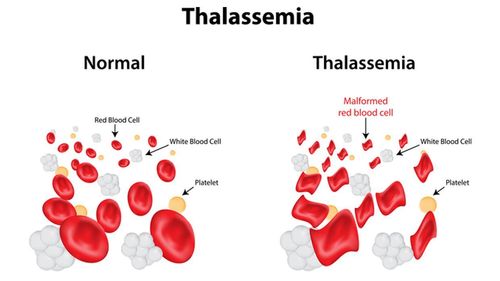This is an automatically translated article.
Genetic factors help identify inheritance of traits in a separate way and predict the basic unit of heredity related to genes. Activities related to gene sequencing methods can help screen for risk, screen for genetic diseases. With the superiority of gene decoding, it helps to choose the best care and health protection.
1. What is genetic factor?
The genetic factor or genetic gene is known to be the basic physical unit of the heredity process. Moreover, genes contain all the necessary information to help ensure the formation, development and functioning of the body.
Genetics are formed from the DNA in the chromosomes. Humans have 46 chromosomes with 23 chromosomes from the mother and 23 from the father. According to research results, in the normal human body, there are about 200,000 to 25000 genes that are randomly combined in the genetic process.
The number of inherited genes is large, so the process of decoding the genome is quite complicated. However, analyzing only human characteristics requires decoding and analyzing many different genetic codes, not merely studying the individual effects of each gene.
2. Working principle of genetic factors
According to the working principle of genetic factors published through scientific research, it is possible to identify genetic factors or genes mainly located on chromosomes. Meanwhile, the genetic information DNA contained in the cell nucleus to become the cell's control center. Thus, the activity of the genetic factor is the synthesis and transcription of DNA and the synthesis of RNA transcription takes place within the cell nucleus.
Expression information of genetic factors during the operation is shown including 4 letters. Each letter is a nitrogenous base. Each gene is known as a unit of genetic information that corresponds to a piece of DNA, along with transcription into RNA and translation into proteins. This helps to store information in DNA strands expressed into biochemical polymers or proteins.
It is very important to understand the working process of genetic factors. Although the operation process is quite complicated, it is the basis for determining the disorders, the causes leading to different diseases with heredity that need to be diagnosed and detected in time.
3. Common disorders with multifactorial inheritance
Multifactorial inheritance can include high blood pressure, coronary artery disease, cleft palate, cancer, arthritis, etc. Many specific genetic factors contribute to the traits identified through through genetic testing. From there, it helps to check if there is a mutant trait. Genetically determined factors may be related to family history, and specific biochemical pathways are determined by molecular markers.4. Application of genetic factors in disease diagnosis and treatment
Genetic factor sequencing or DNA testing is known to help detect changes in genetics, especially genetic related disorders. Through the results of genetic factor analysis, it not only gives results on determining the blood relationship or origin of a person, but also helps to find inherited diseases, can detect gene mutations, or looking for the ability to cause disease in the human body. From there, plan to diagnose and treat the disease early.
In fact, genetic factor decoding is now done in many different ways. Each method can be suitable for each person's genotype. The doctor will prescribe the most suitable for each case.
Pre-marital gene testing is done to identify genetic diseases that can be caused by genetic mutations; Prenatal screening tests help to screen for factors related to genetic diseases, and identify risk factors as well as genetic diseases early; Gene testing helps to screen for chronic non-communicable diseases such as hereditary diabetes, hereditary dyslipidemia, cardiac arrhythmia, venous thromboembolism... One of the most popular genetic factor decoding applications The current variable to mention is prenatal screening. This method is performed at 9 weeks of pregnancy to help screen for genetic disorders if present for effective pregnancy management. And this method also plays an important role in the pregnancy cycle.
The next application to mention is the diagnostic test, which is also considered as a form of genetic factor decoding to determine whether a disease has signs of genetics or not. When a family member has signs and symptoms of a serious chronic illness, other family members may suspect that illness. And the implementation of genetic factor decoding helps diagnose diseases effectively
In addition, there are a number of other methods of decoding genetic factors that are also applied in medical activities such as carrier testing, testing pre-implantation, forensic testing,... These are all types of genetic factor tests that play an important role in the diagnosis and treatment of diseases or dysfunctions in human organs.
Please dial HOTLINE for more information or register for an appointment HERE. Download MyVinmec app to make appointments faster and to manage your bookings easily.













